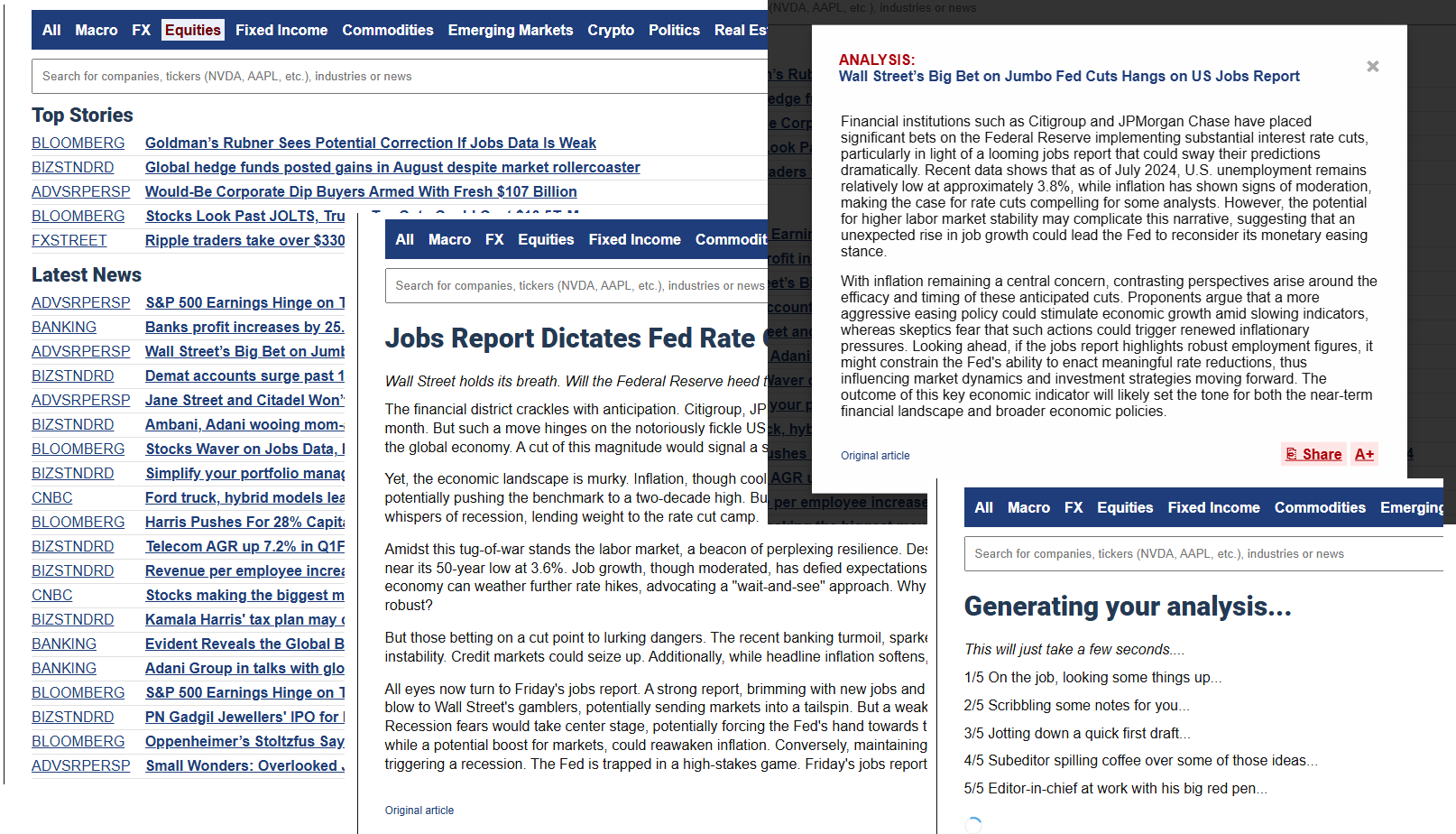Mexico Challenges Tesla With Affordable EV Initiative
Mexico is carving its niche in the electric vehicle (EV) market following a pivotal shift prompted by Tesla's reconsideration of plans to set up a manufacturing plant in the country. This decision by Tesla, influenced by remarks from former U.S. President Donald Trump about potential auto tariffs, served as a catalyst for Mexican President Claudia Sheinbaum to unveil a bold new initiative. Her administration is capitalizing on this moment by aiming to produce an affordable, domestically-assembled electric vehicle, a move that could strongly position Mexico in the ever-expanding global EV landscape.
Tesla's decision not to establish a plant in Mexico underscores the complexities multinational corporations face as they navigate volatile trade policies. The potential tariffs posed a substantial risk to Tesla's supply chain logistics and market access, especially within North America. For a company as agile and forward-thinking as Tesla, such geopolitical intricacies are pivotal in strategic planning. Meanwhile, companies like General Motors are surging in the EV race, posting impressive sales growth and challenging Tesla’s historic dominance. These shifts underscore the intense battle for innovation supremacy that continues to shape market dynamics.
For the Mexican economy, Sheinbaum's initiative is more than just strategic; it's transformative. Her plan seeks not only to fill the market gap left by Tesla but also to tap into local technological innovations and investments that compete with the influx of Chinese imports. This move signals a significant boost to the country's industrial capabilities and places a renewed emphasis on domestic technological prowess.
Financial analysts are closely watching Tesla, especially regarding its stock volatility associated with these strategic shifts. At the same time, the market landscape is replete with racing competitors who are keen on seizing newly created opportunities. The broader ramifications for local economies and the labor market are notable as Mexico aims to cement its own footprint in the global EV narrative—a narrative previously dominated by giants like Tesla.
Nationalism in industrial policy is gaining traction globally, and Mexico's stride into the EV sector is as much about economic sovereignty as it is about innovation. The government's strategy emphasizes bolstering local industries and stimulating a renaissance in manufacturing with a national interest lens. By fostering collaboration between Mexican companies and research communities, there is a potential socio-economic enhancement in the horizon, supported by government strategy and legislative backing.
Affordability lies at the core of Mexico’s EV strategy. President Sheinbaum is directly addressing the high-cost barriers associated with Tesla models, which generally start at a hefty USD 30,000. By targeting this Mexican consumer base seeking economically viable alternatives, Mexico could instigate a transformation in the domestic market. This strategy not only pushes Tesla to reassess its pricing but also suggests broader regional implications, where markets follow China's rapid expansion in the EV sector.
In response to the evolving market dynamics, automotive giants are swiftly pivoting, aiming to capture any voids Tesla might grant in their strategic recalibration. These competitors focus on tapping into consumer markets that demand customized solutions and establishing a significant presence in emerging global automotive territories. Mexico's endeavor to assert a unique narrative within the EV sector might inspire other nations to revise their economic strategies amid this industrial transition.
Mexico's venture could prove to be a catalyst for redefining automotive norms, with novel emphasis placed on sustainability and technological breakthroughs. This shifts established market players, who are accustomed to conventional models, to evolve. These shifts are particularly significant as new regulatory frameworks advocating green technology are adopted, and ambitious decarbonization goals are set on the international stage.
Tesla's ongoing strategic saga is indicative of prevailing themes in modern financial discourse, including the dynamic interplay between multinationals and governments amidst growing geopolitical uncertainties. Mexico's initiative represents an adaptive stride towards innovation in an unpredictable global market, rich with shifts in consumer trends and investor preferences.
The tech sector, with Tesla as a notable component, has reaped benefits from recent favorable financial policies, such as the Federal Reserve’s interest rate cuts, which have buoyed the Nasdaq. While these gains spurred growth, the sustaining momentum is questioned amid strategic shifts within the automotive industry and geopolitical quakes within the manufacturing domain.
Ultimately, Mexico's foray into EV production stirs larger dialogues surrounding economic sovereignty and the future of technology-driven economies. The advent of Mexican-assembled EVs presents potential market disruptions and echoes the broader themes of adaptation and resilience nations must debate as these complex industrial shifts unfold. The outcomes of Mexico's initiatives may well rewrite parts of the regional economic narrative, offering a tale of resilience amid global adversity.
AI-Powered trading insights: join our email list
Real-Time Market Analysis
Get instant insights on market trends, news impact, and trading opportunities.

